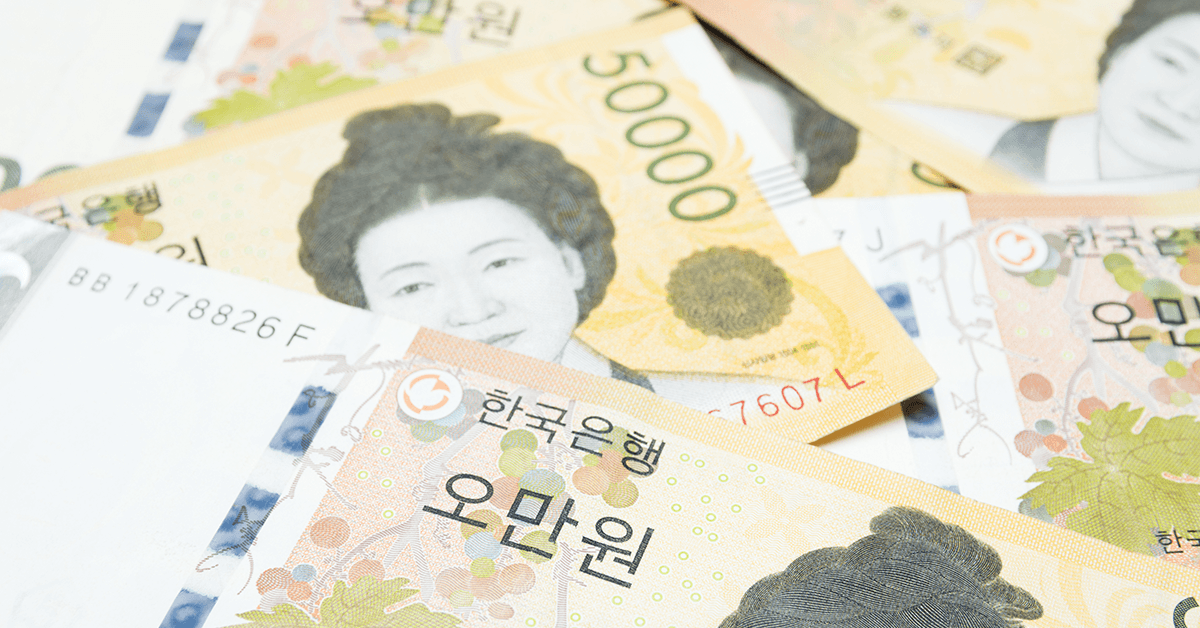May 24, 2018–May 24, 2018 from 4:00pm–5:30pm
Emulation: A Korean Model of Economic Development

In this presentation, Myung-koo Kang at Baruch College will address how South Korea has achieved rapid economic success by looking into the rise of U.S. trained technocrats and scholars in Korea’s economic policymaking. He will review why and how Korea’s financial system has diverged drastically from the Japanese model and has turned to the U.S. model, which is often regarded as a more market-oriented financial system for the past decades. He will explain this radical shift, which occurred in the 1980s and 1990s, by tracing the rise of U.S.-trained Korean economists in Korean economic policy-making networks. The talk will introduce how U.S. trained high ranking officials in the Korean economic bureaucracy ascended as a core group in the economic policymaking and organized the policymaking network in a highly hierarchical way, putting the Economic Planning Board at the apex and linking the Korea Development Institute with other U.S. trained economists in public and private institutes and academia. A series of financial liberalization reforms since the early 1980s will be discussed in the context of the idiosyncratic institutional features of Korea’s economic policymaking networks.
Date and Time
May 24, 2018–May 24, 2018
from 4:00pm–5:30pm
Location
School of Global Policy and Strategy Classroom 3202
Event Registration
Registration for this event is required
by .
Visit the registration page for details.
Event Fee
Free to attend
Contact
Lisa Lee • lisalee@ucsd.edu • 858-534-2657
Audience
Faculty, Staff, Students, The General Public
Event Host
GPS's Korea-Pacific Program